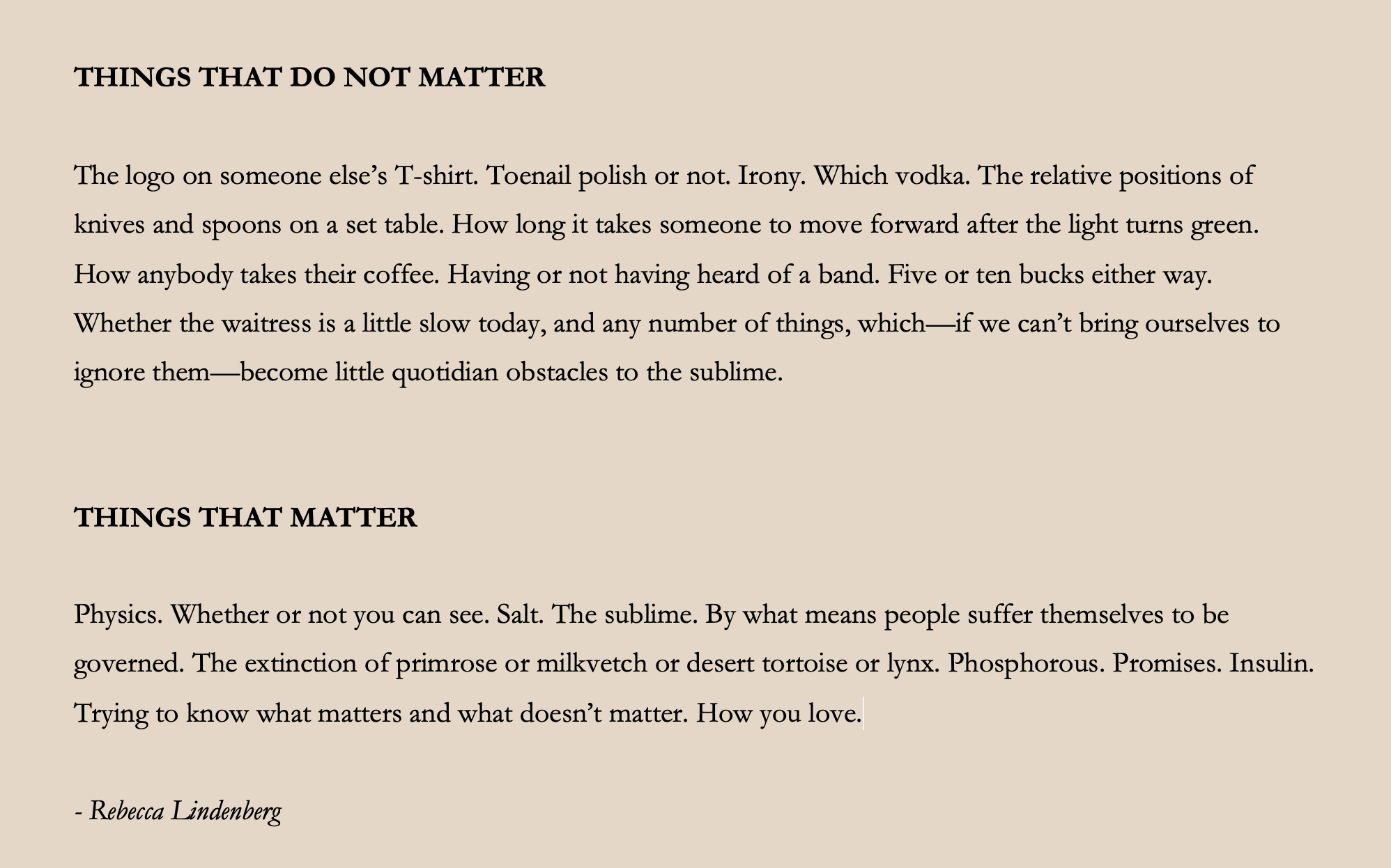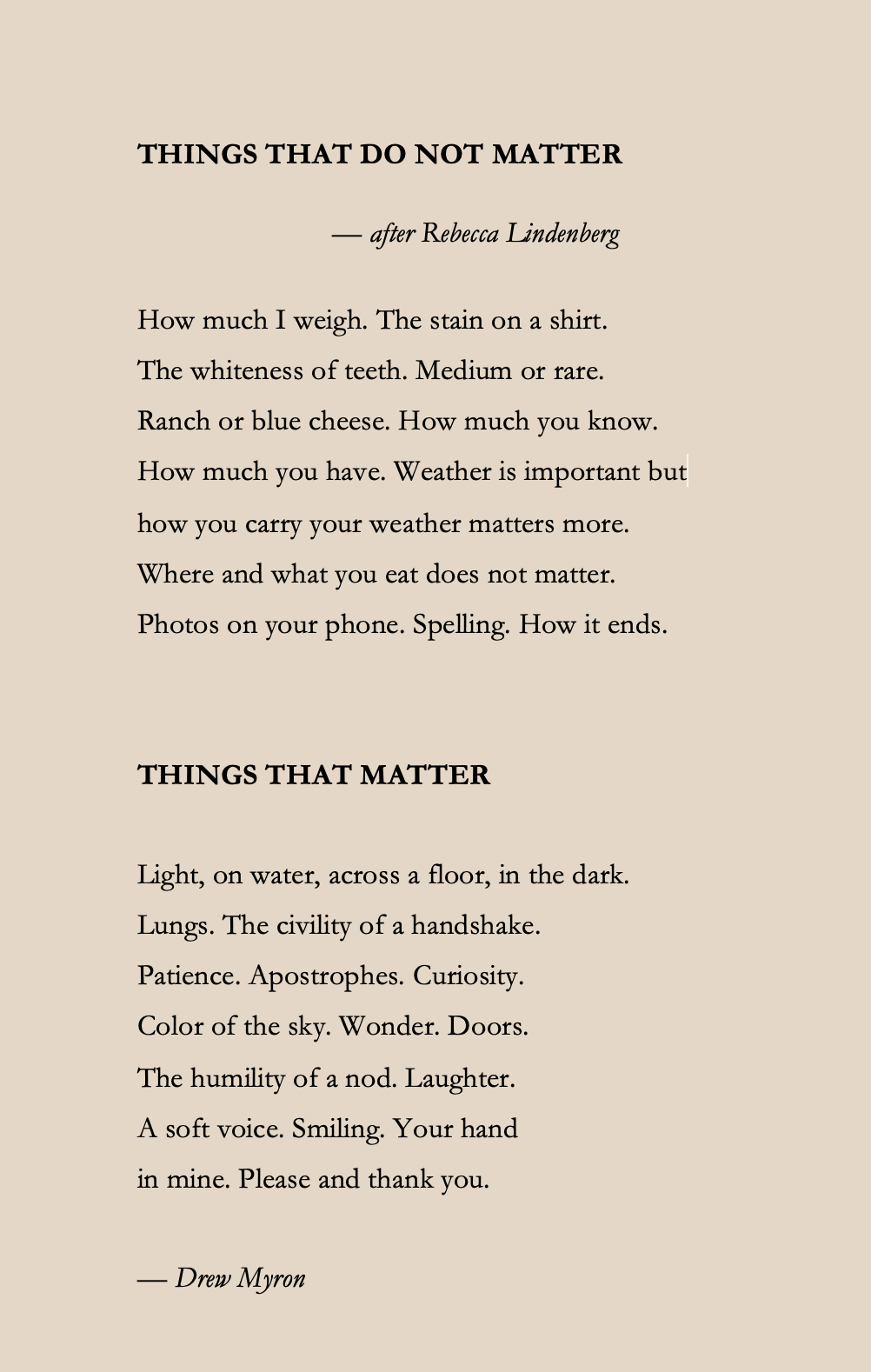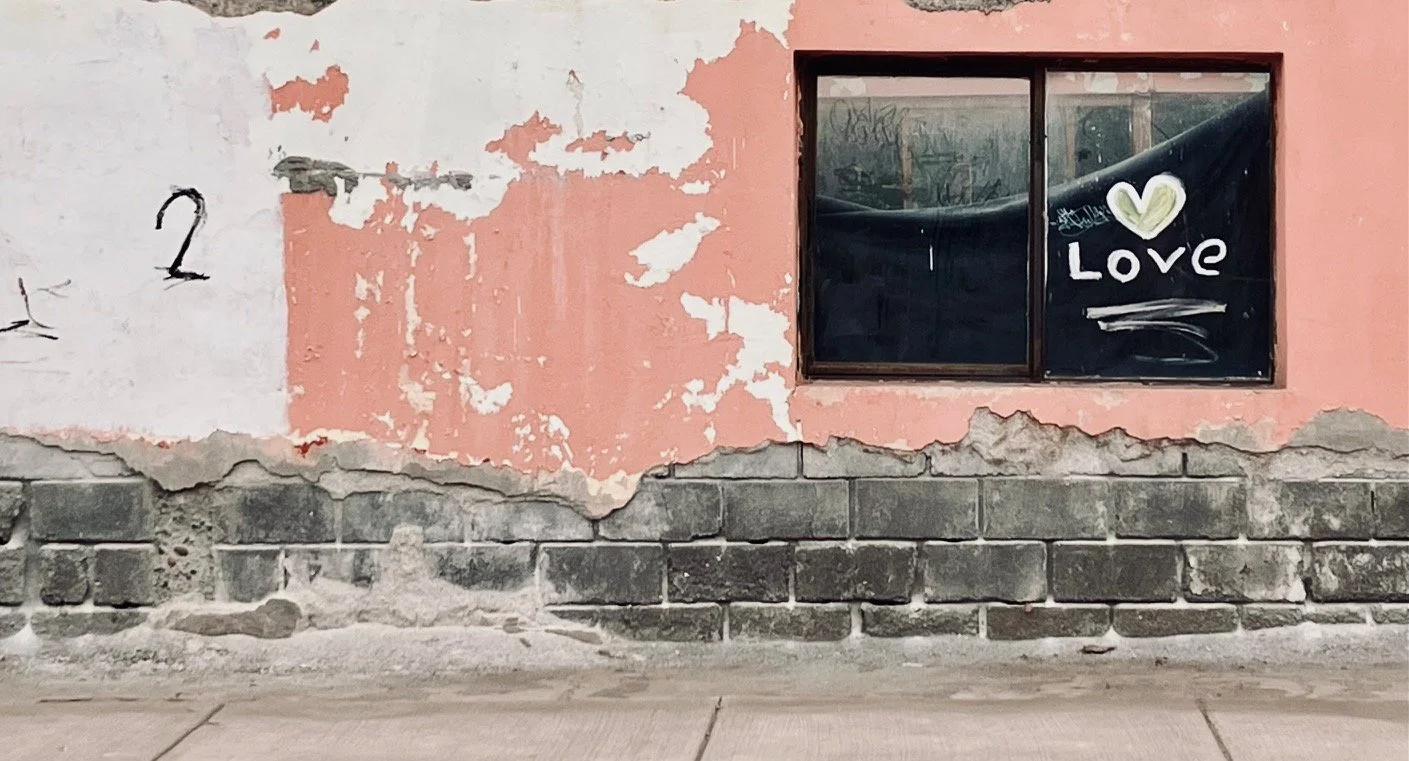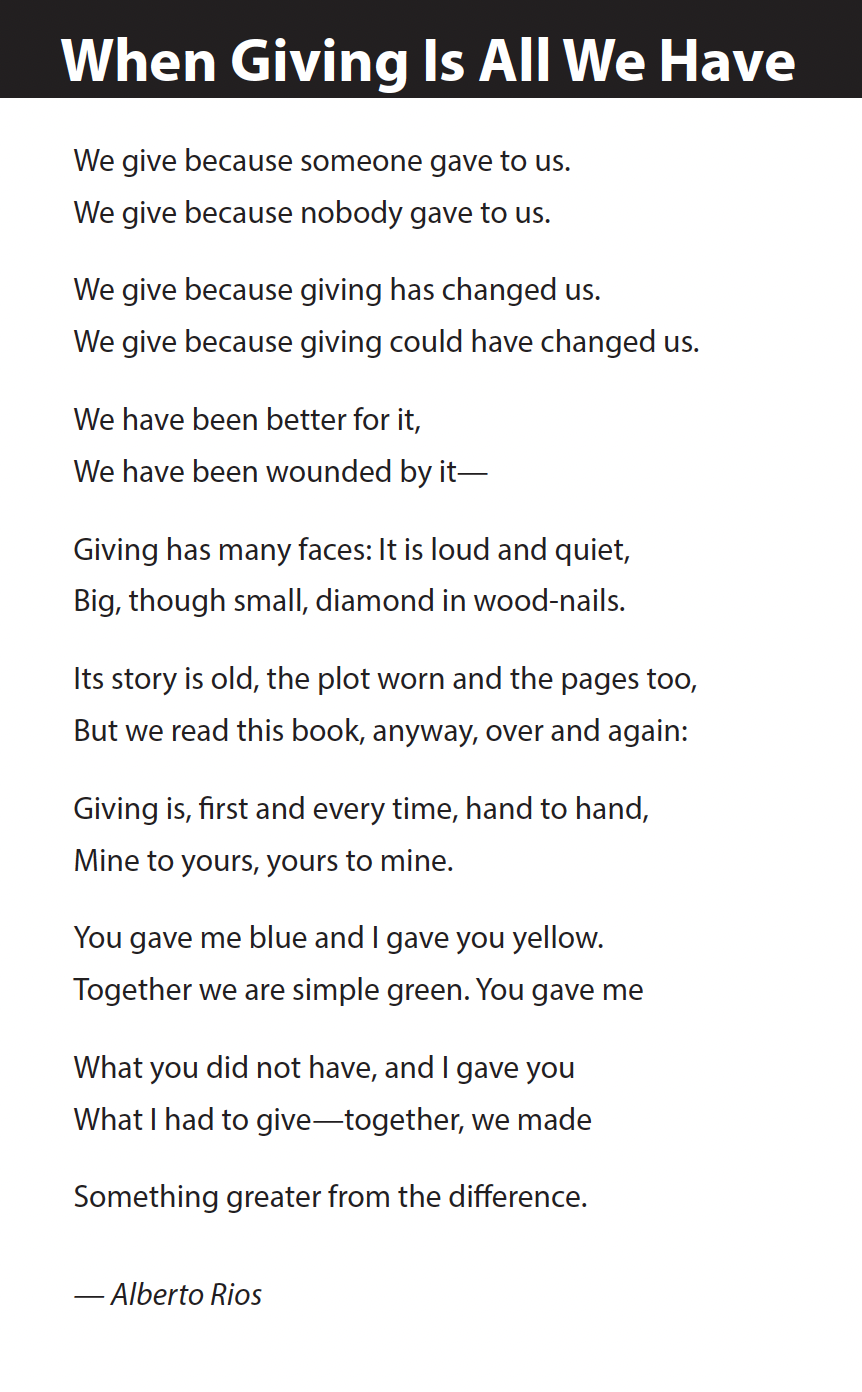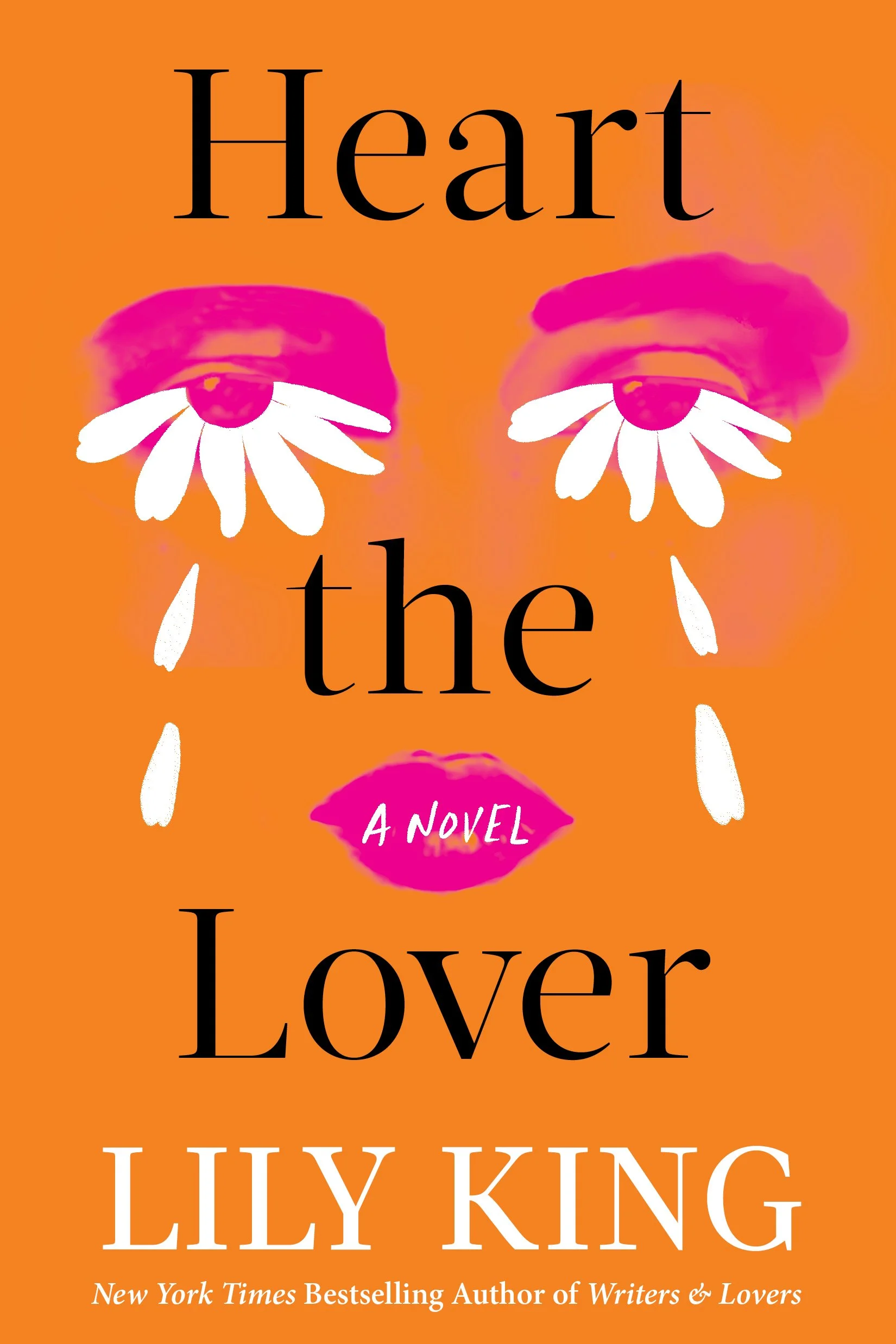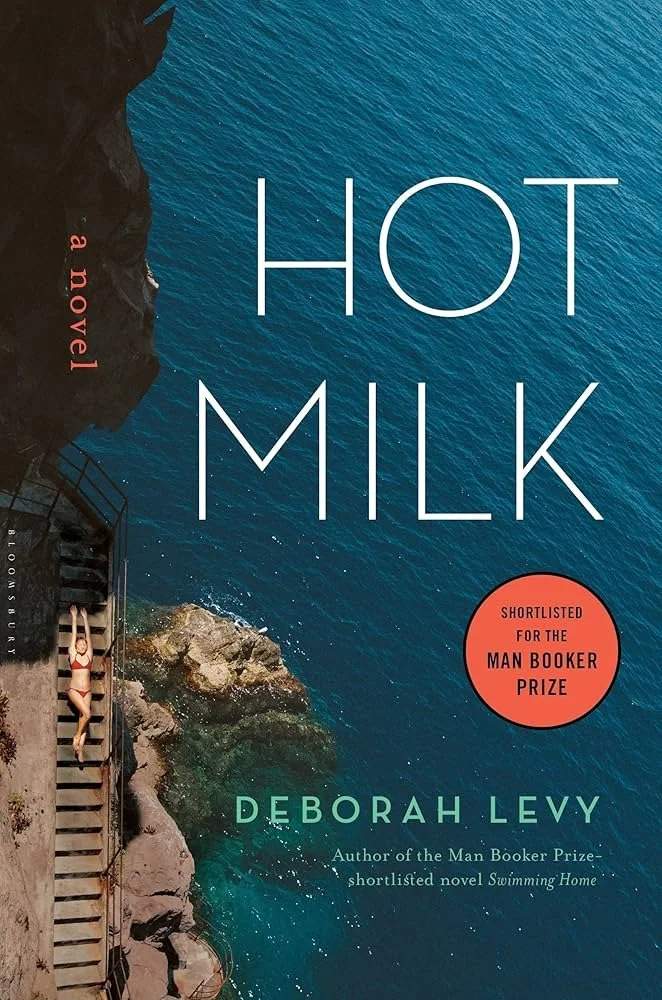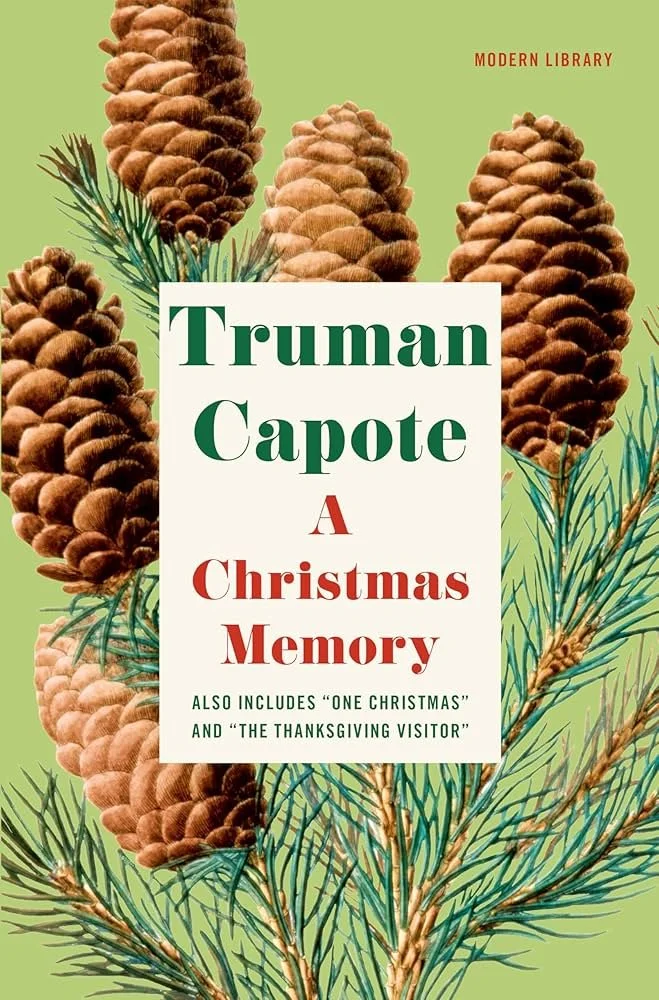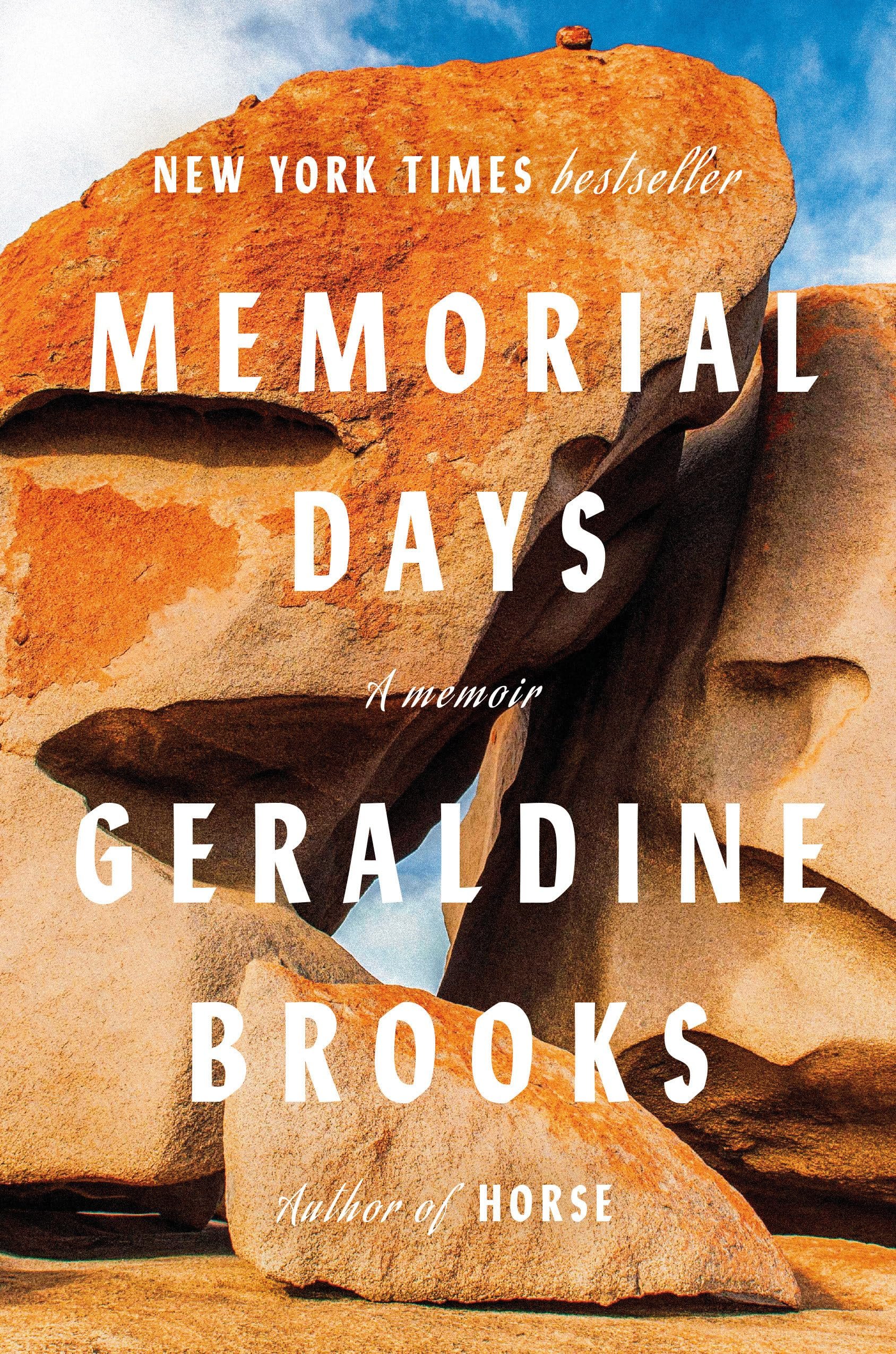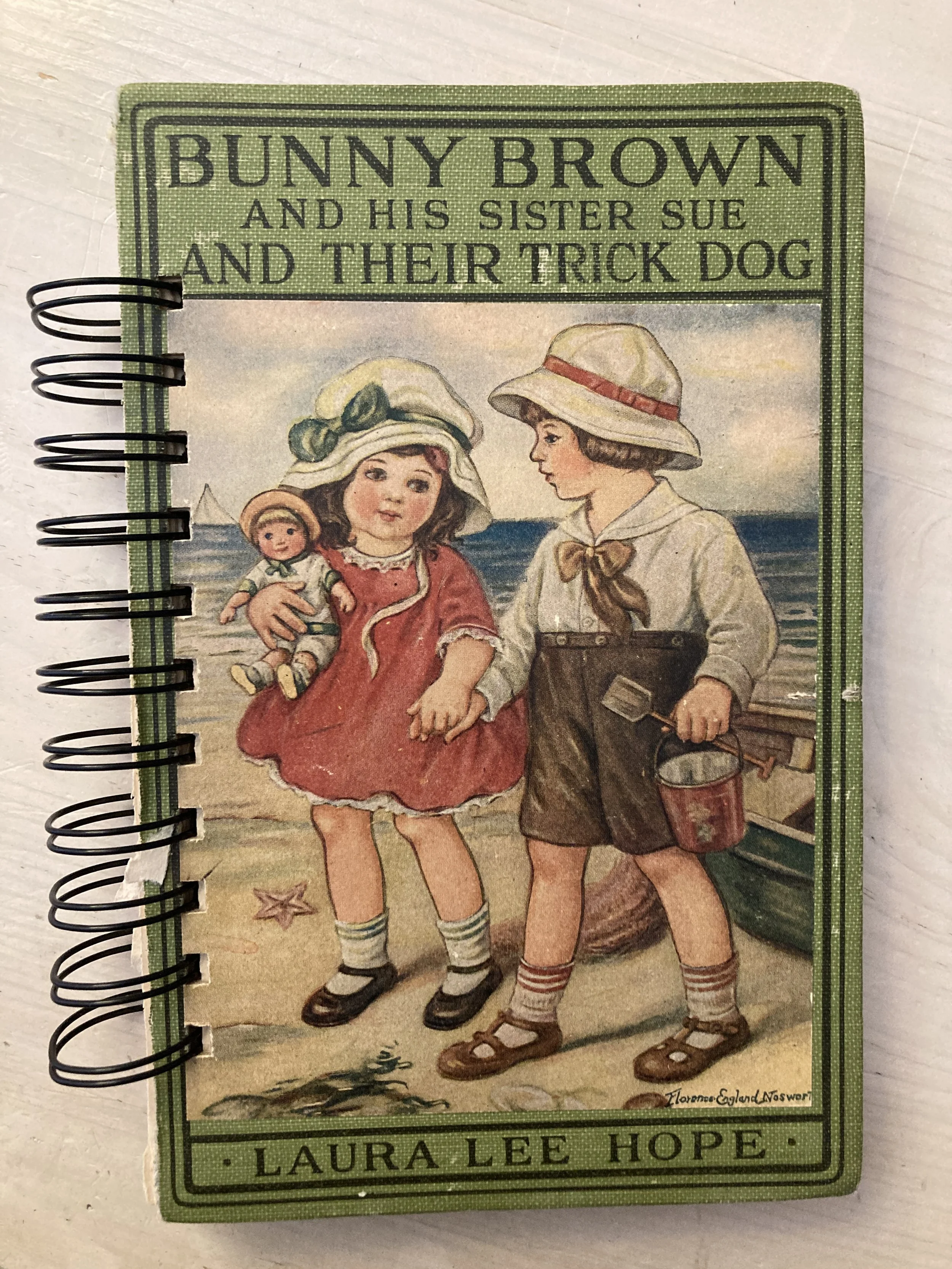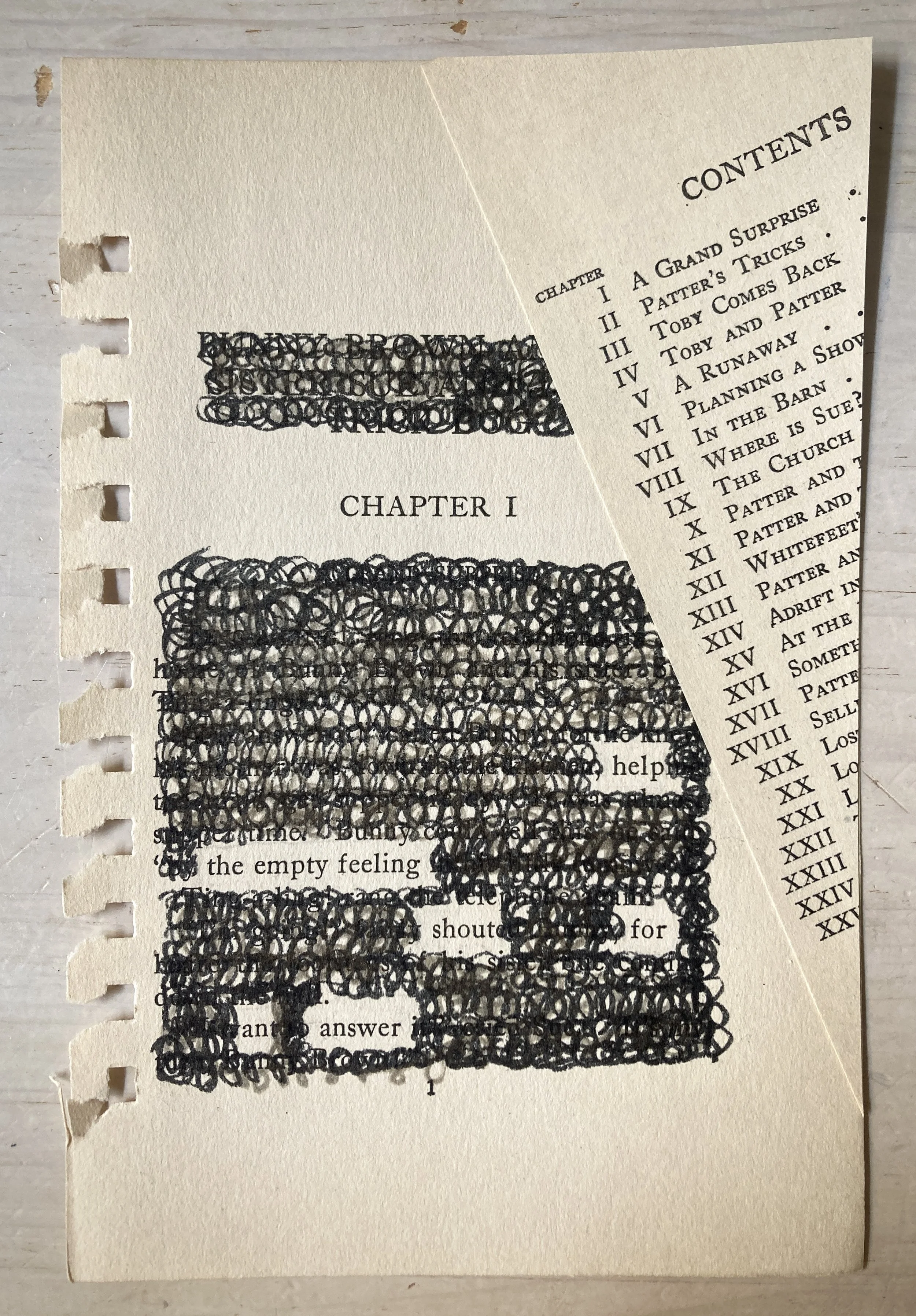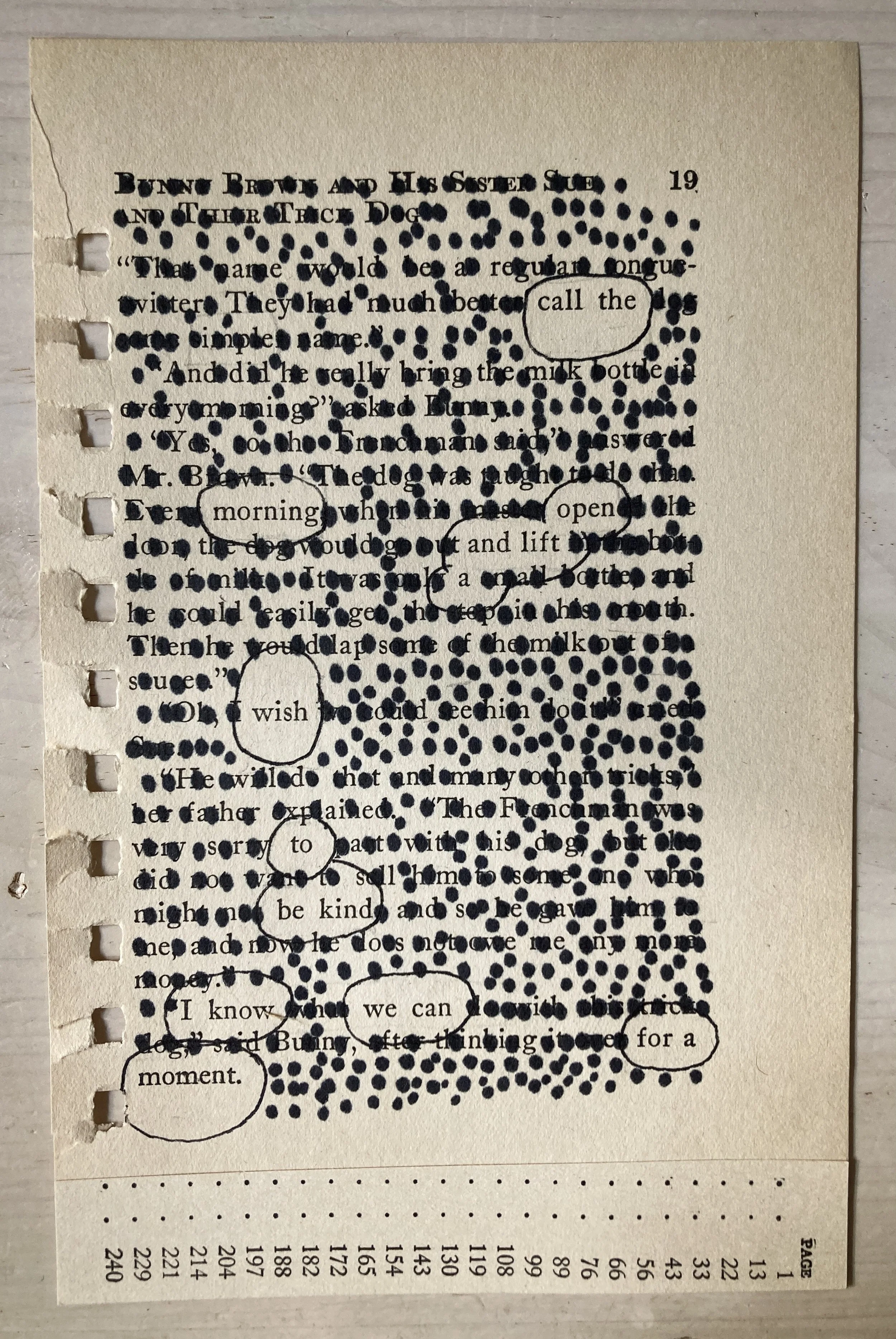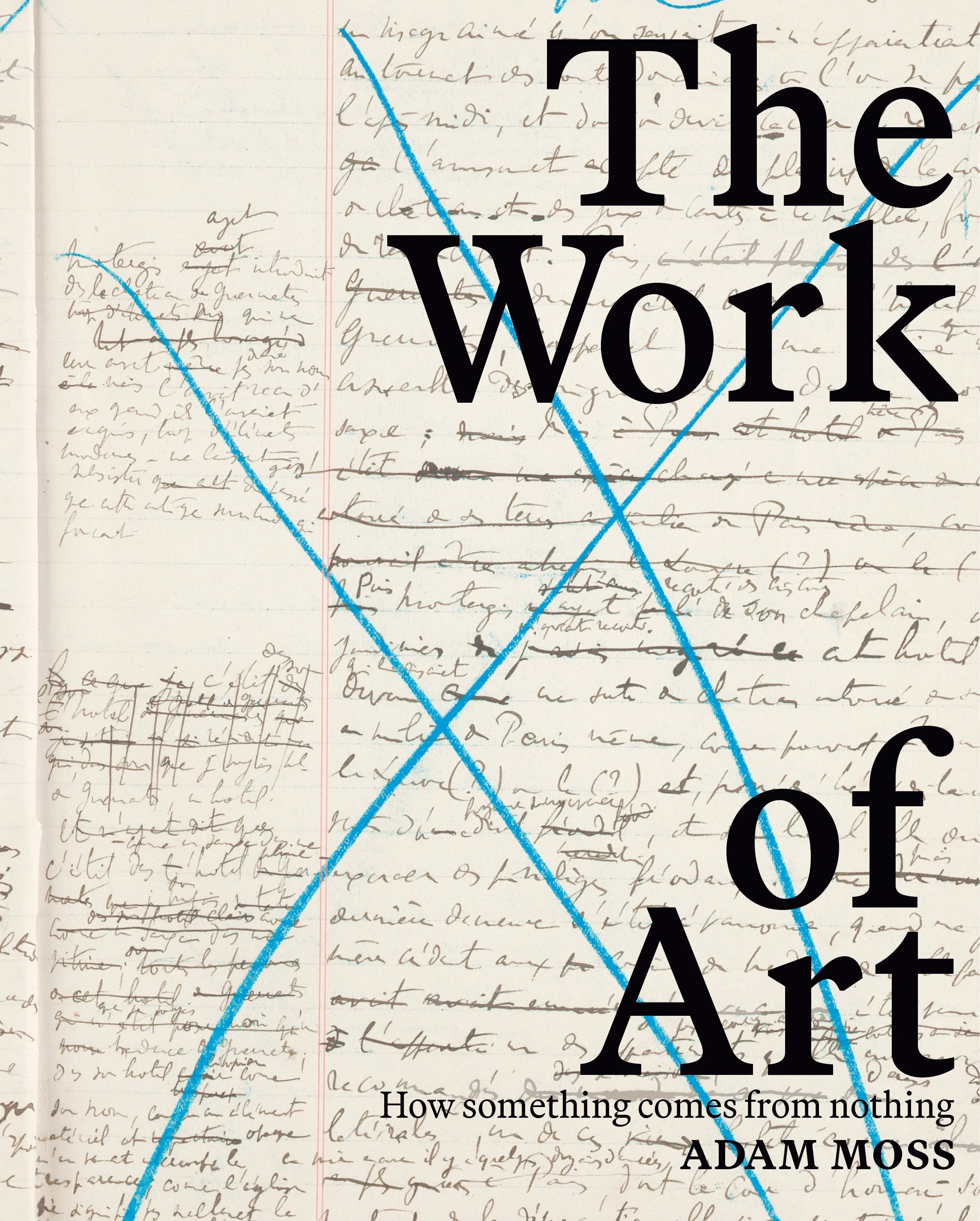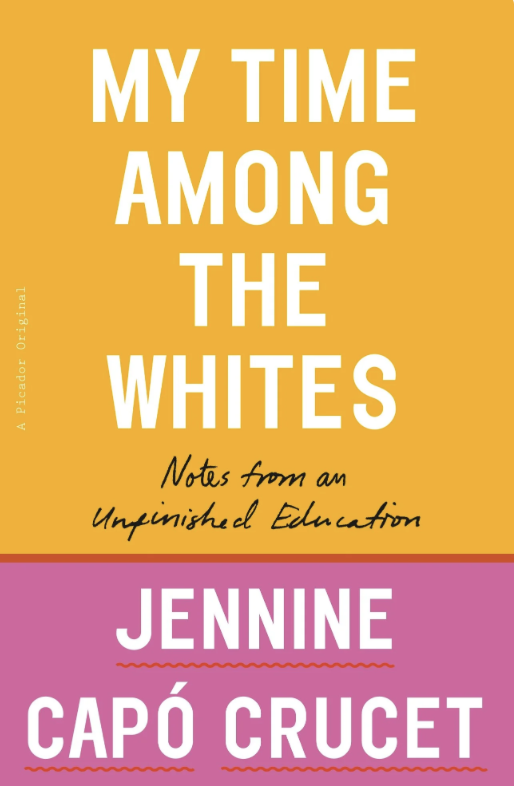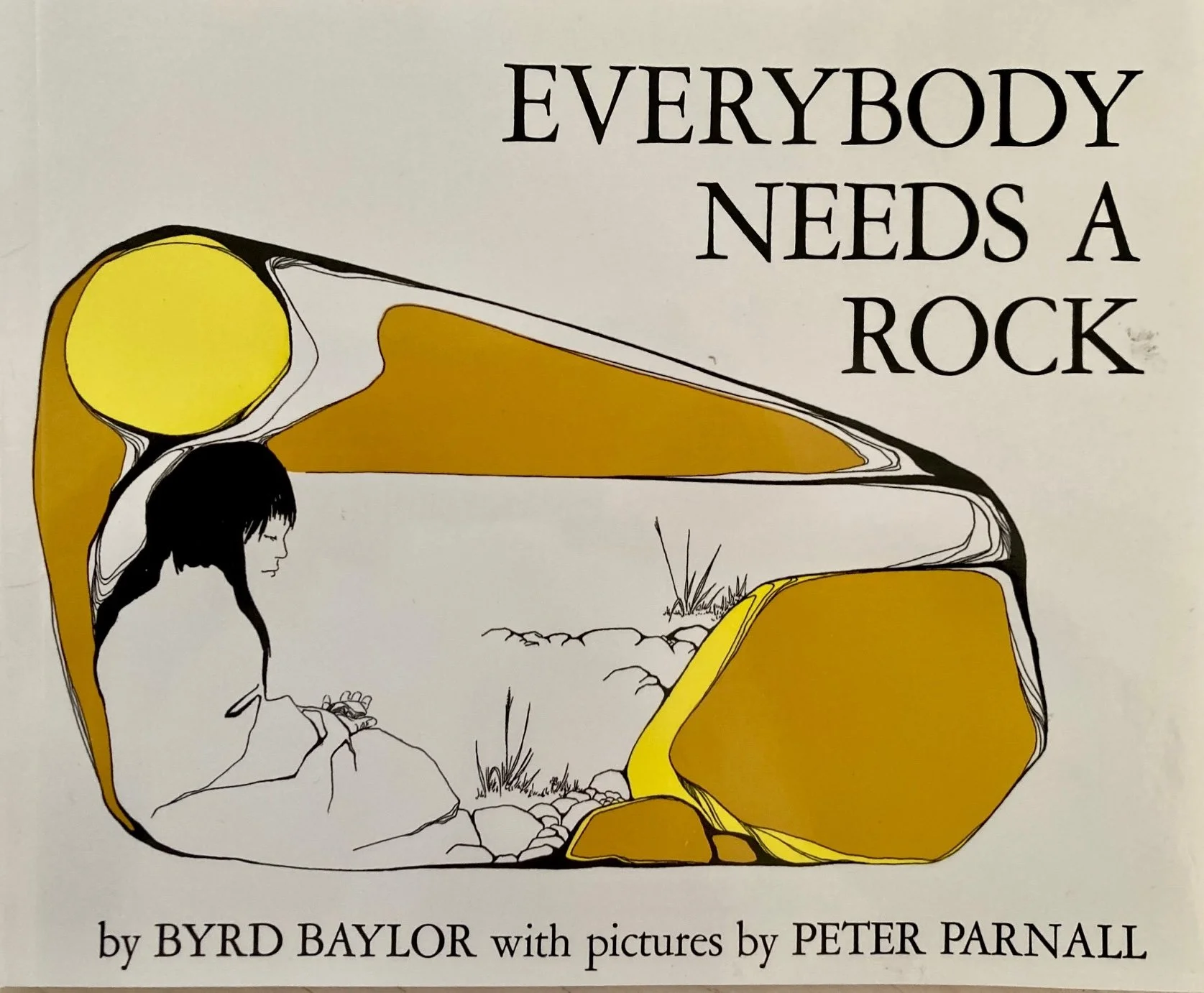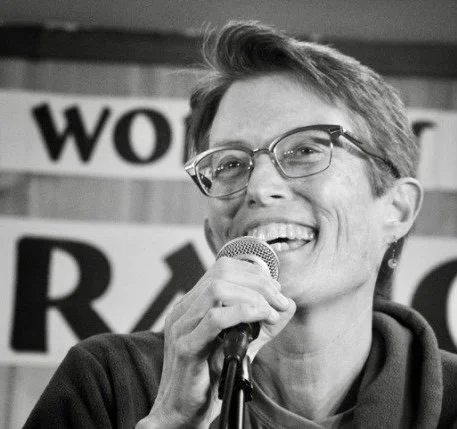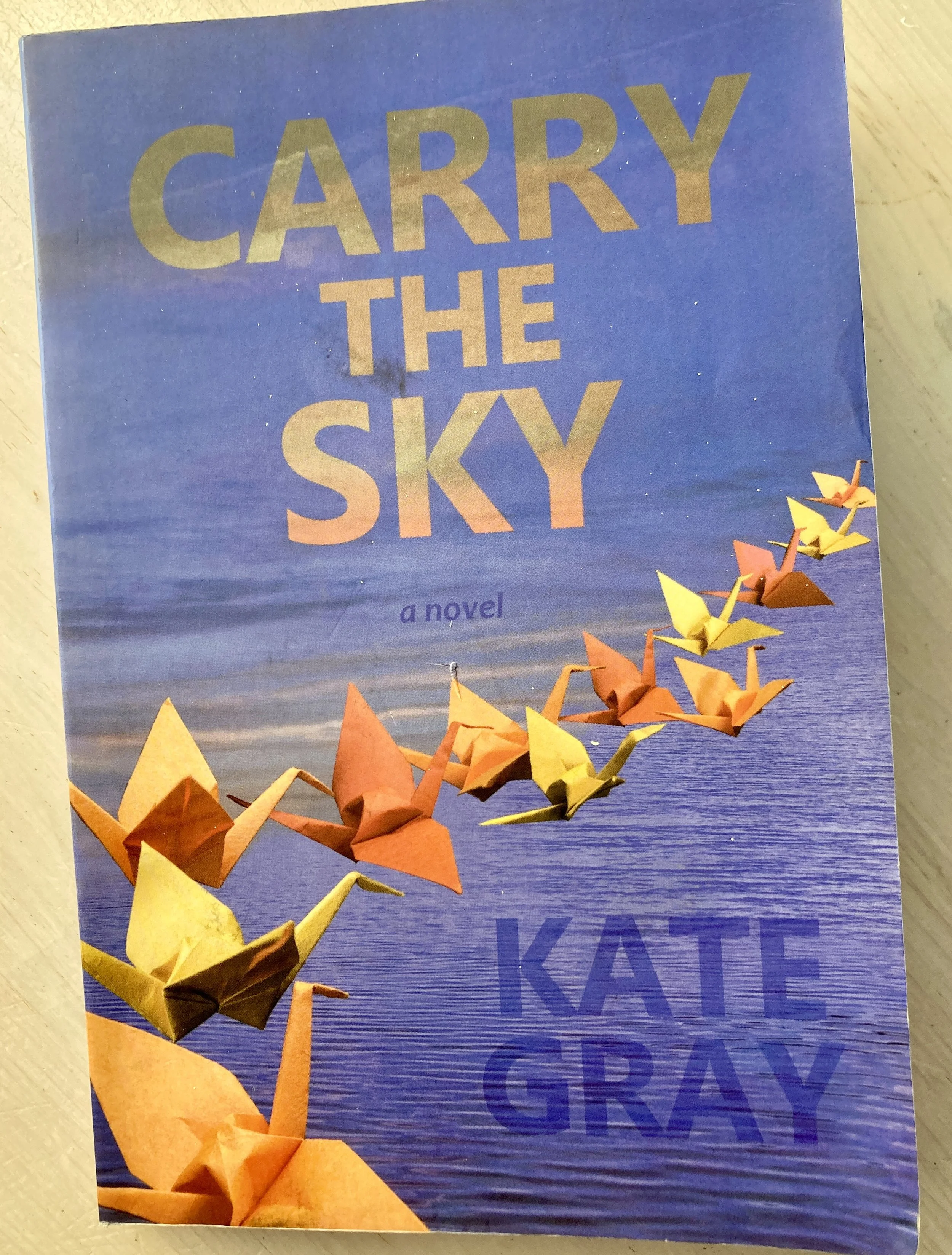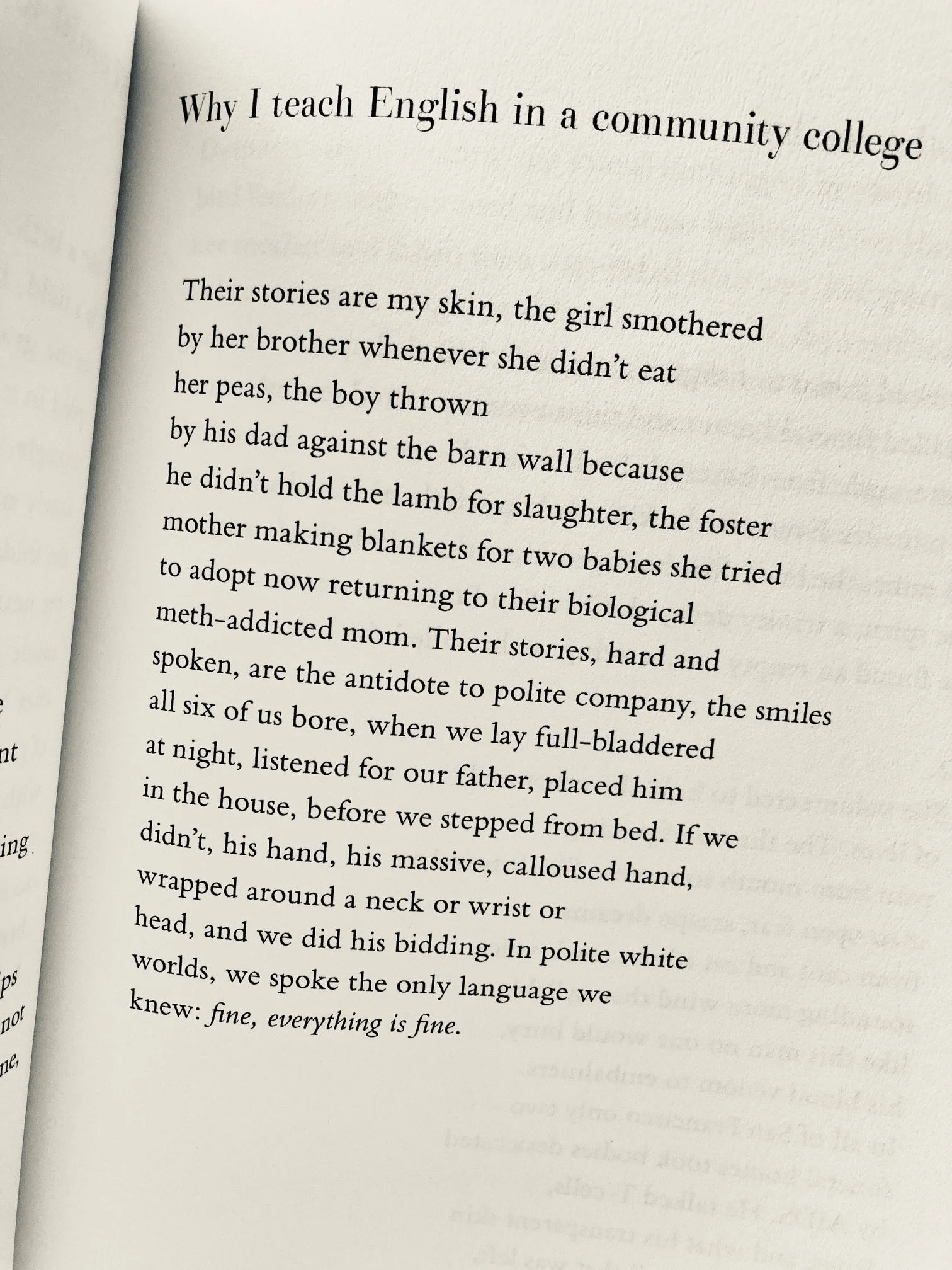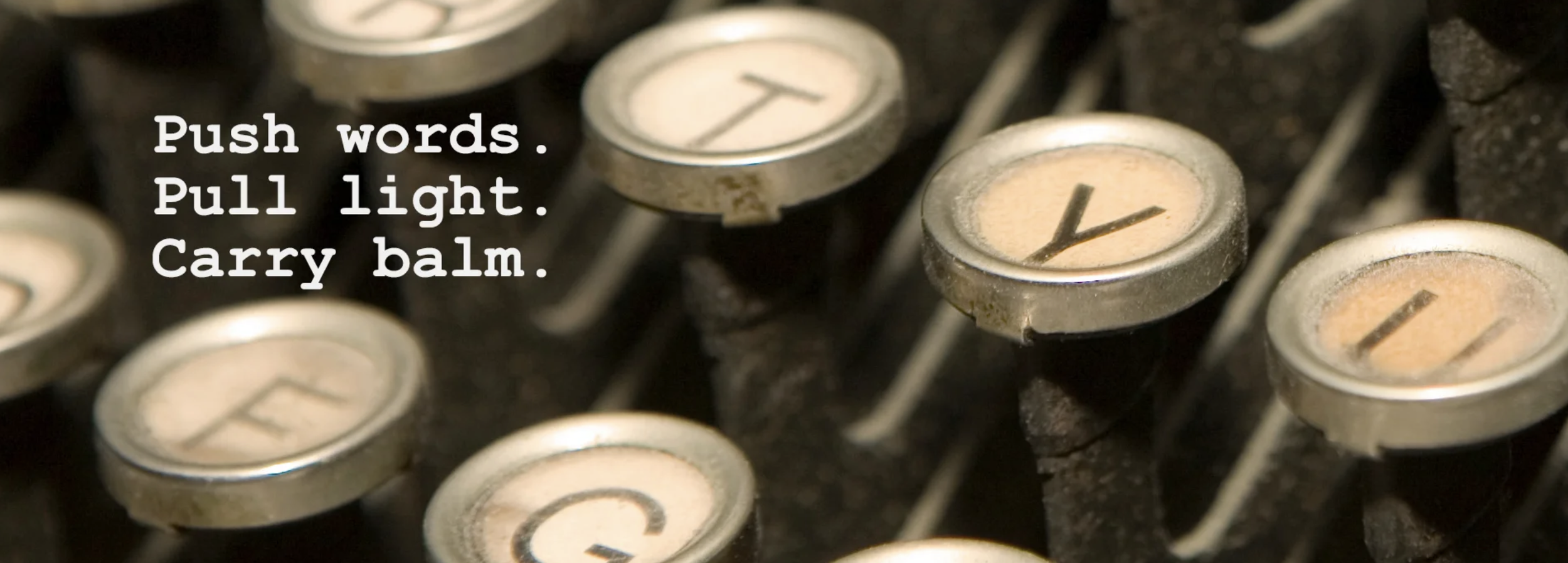1.
What is the new year if not a fresh start?
I turn the page not with resolution but with a clearing, which is a lot like a cleansing but with less deprivation and more gratitude.
Thank you for this, and this, and this, I say to myself while sweeping away last year’s swirl of dust and debris.
2.
For weeks I’ve been reading this two-in-one poem by Rebecca Lindenberg.
3.
The poem appear in The Logan Notebooks, published in 2014. I read this piece years ago and it recently surfaced again, as good poems often do. But this time I couldn’t shake it. It urged a call for consideration: What matters? What doesn’t?
How very resolution-ish.
In response to a single half-page poem, I filled pages and pages with my own answers. Then returned days later to disagree, scratch out, replace. This not that. That, maybe. This, never.
I’ve written long sentences that run across crumpled notes to self. And short statements that resemble mindfulness drivel. I even drafted an overbearing declaration that fell apart with a deeper look.
4.
It’s examination, of course, which is good for the soul. An accounting and a plea. And then, finally, a shout to the winds:
Make my life! Clear a path. Clear my head. Point the way.
5.
This is an exercise, but also more. I am choosing what gets my attention. A new year, a fresh start. Let’s think this through. Let’s make it matter.
This is the power of poetry, of writing, painting, sewing — of creating. We find our way as we make our way. The more we make, the more we feel, the more we think, the more we live — grateful, awake, full.
And, really, isn’t that the point?
It’s Thankful Thursday, a weekly pause to express appreciation for people, places, things, and more. Attention attracts gratitude, and gratitude expands joy. Please join me.
What are you thankful for today?
* * *
The world turns on words. Thank you for reading & writing.
• If you know someone who might enjoy this blog — please share.
• If you want to read more — subscribe for free.
• If you are here, reading this now — thank you!


